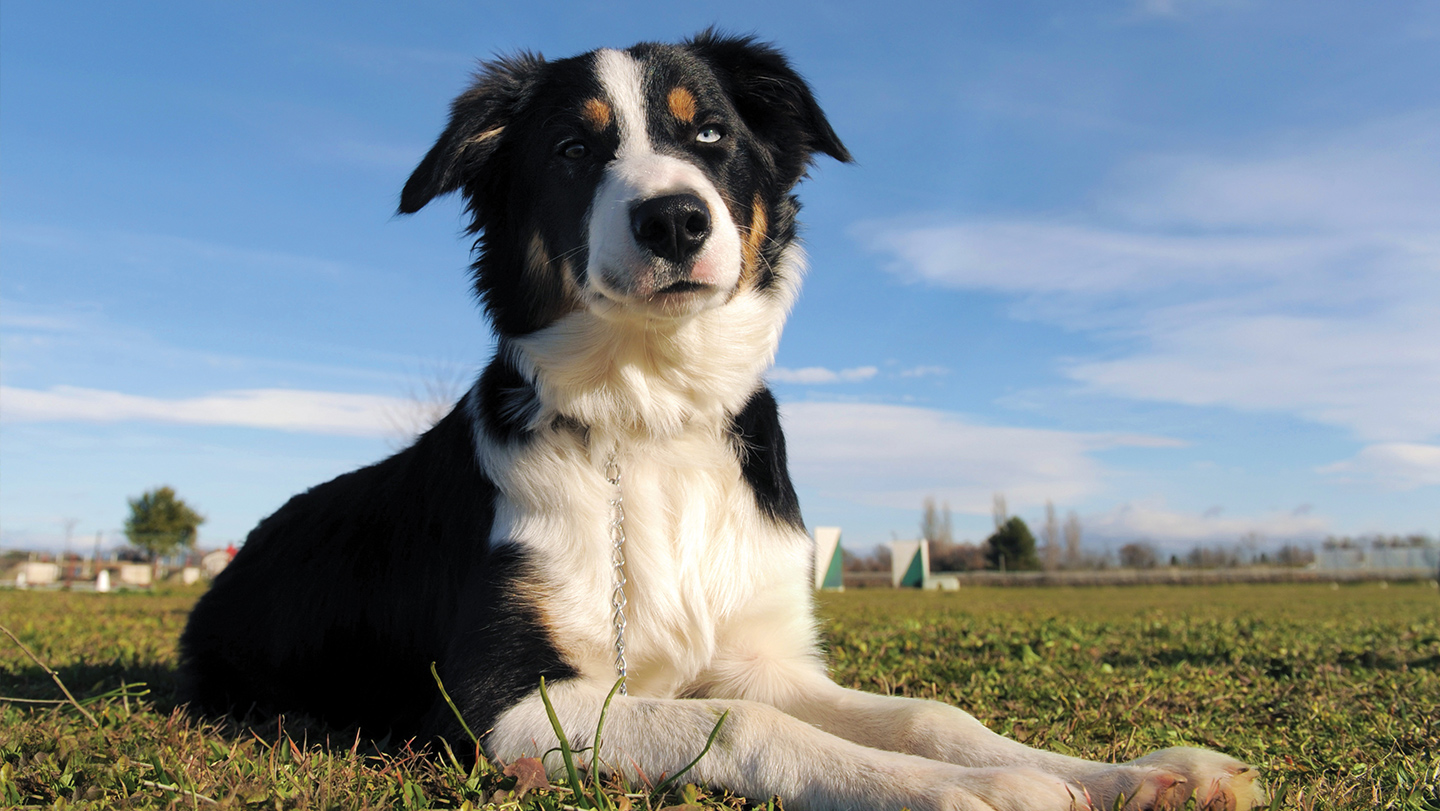
Borders on the Grand
Reinvesting In the Farm
Wendy Villarreal merged two passions when she purchased an 80-acre farm in southwest Ingham County—a place to train her Border Collies and a place to produce good food.
The 80 breeding ewes in her rotational grazing operation produce 150 to 180 lambs a year for auction. The sheep also help train the Border Collies. The dogs, when not busy on Wendy’s farm or someone else’s, engage in her family’s other business—humane goose control for communities and businesses throughout central and southeast Michigan.*
Besides sheep, Borders on the Grand Farm raises poultry, chickens and hogs on a small scale, all with Wendy’s commitment to being a true steward of the land.
“Conservation is one of my tenants,” she says. Whether talking about the importance of rotational grazing, increasing fertility on soils or the overall ecological value of her farm, her values on caring for the land stand out. So when she learned about Ingham County’s Farmland and Open Space Preservation Program as a means of permanently protecting land from development, “It fell right into my entire mindset and philosophy.”
PROPRIETOR
Wendy Villarreal
YEARS FARMING
Seven years
LOCATION
Ingham County
FARM SIZE
80 Acres (35 acres tillable but in grassland/permanent pasture)
LIVESTOCK
Breeding ewes
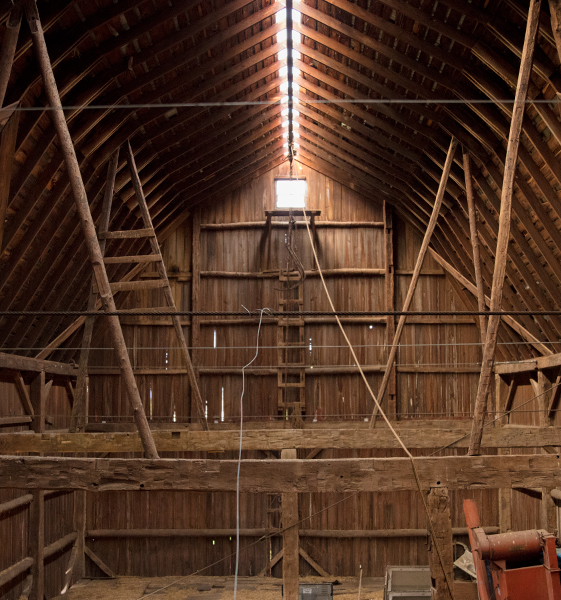
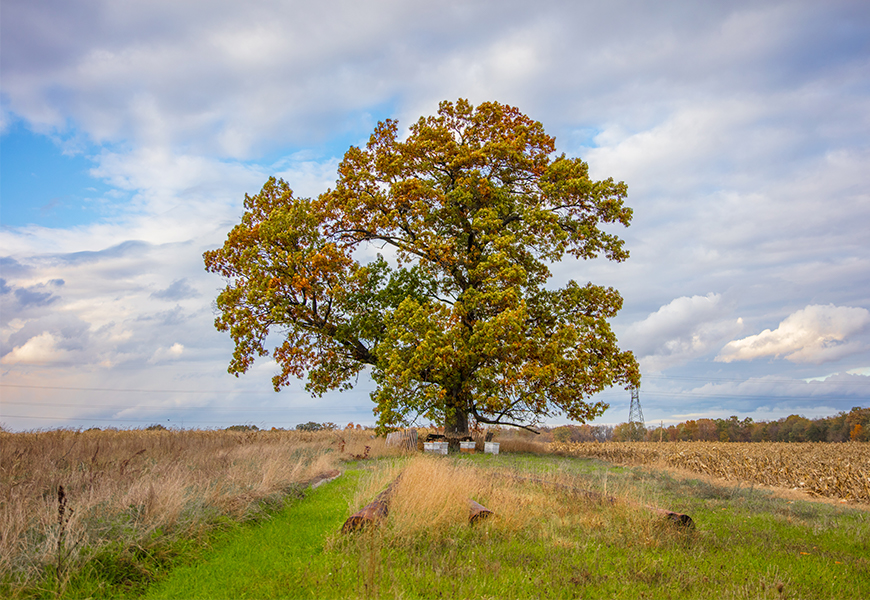
Just a year after Wendy purchased her property, she applied for the Ingham County program, which is funded by a dedicated millage supported by taxpayers. Once accepted, the County paid Wendy a fair market appraised value for the development rights on the property and essentially extinguished them with the placement of a perpetual conservation easement.
Wendy still owns the land and can pass it on to heirs or sell it, but the farm will remain undeveloped forever.
Wendy did not grow up on a farm nor did she inherit one. “That is really hard when you’re a beginning farmer—to not have land to start.” Although she did find land, the former row crop farm was depleted in fertility and had no infrastructure, no pasture or fencing. The money Wendy received from Ingham County paid down her mortgage and enabled her to refinance as well. “Whenever you reduce debt expense, you free up dollars to invest into the operation—and my goal is zero debt”, Wendy says. Other conservation programs help her with other infrastructure needs, such as irrigation lines for the pasture and a dedicated well.
In return, the taxpayers supporting Ingham County’s program yield rich returns, not the least of which is healthier land that produces local, healthy food.
Borders on the Grand Farm supports the local and state farm economy in many ways, from the hay and grain Wendy buys locally to the United Producers, Inc. livestock auction in Manchester to Wolverine Packing, a major buyer at the auction and a fourth generation family meatpacking enterprise in Detroit.
But Wendy is also proud of the many other conservation values protected by the conservation easement and the public benefits they bring. The 45 acres not in pasture are low- lying, wooded wetland areas along the Grand River. A small tributary also runs through the farm.
Wendy still owns the land and can pass it on to heirs or sell it, but the farm will remain undeveloped forever.
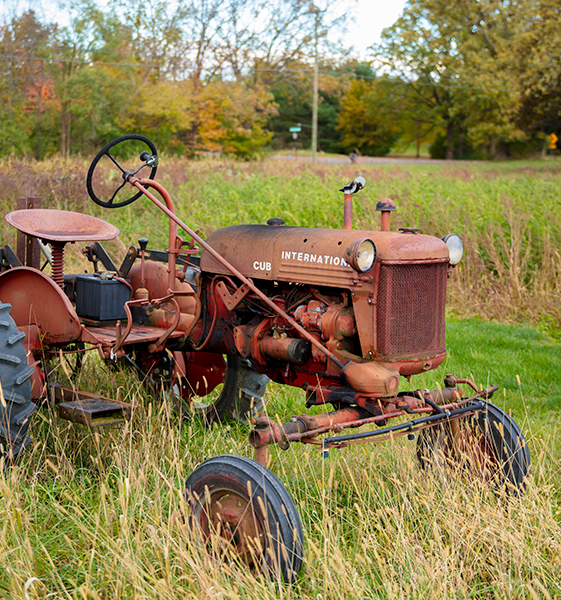
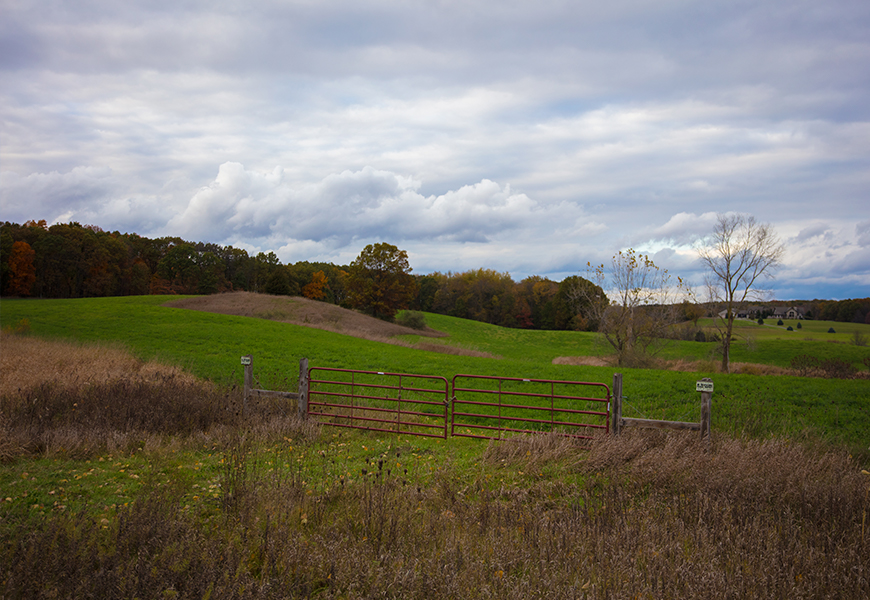
“The farm has a lot of ecological value. We are helping to preserve water quality in the Grand River watershed, as well as providing important wildlife habitat. We are also protecting a scenic viewshed from the road that borders the farm. That wouldn’t happen if the pasture land was developed,” according to Wendy.
“I wanted a farm to feed my family, to control my own food supply. I just happen to be better with animals than plants,” she laughs. In the future, she hopes to expand her operation by taking her grazing tools—her dogs and portable fencing—and her expertise on the road to other farmers. But for now, Wendy is focused on building up soils and improving the land that keep her livestock and her livelihood thriving.
In the future, she hopes to expand her operation by taking her grazing tools—her dogs and portable fencing—and her expertise on the road to other farmers.
Ingham County Farmland and Open Space Preservation Program
Preserving Ingham County’s rural farming community and natural ecosystems is an important priority for the residents of the county, according to the County website, which is why they passed a millage in 2008 to fund the preservation of farmland and natural land. The millage helps interested landowners permanently protect their land for future generations by allowing the County to purchase their development rights and in this way compensating them for the development value of their land.
To date, Ingham County has protected 5,000 acres of farmland and natural lands.
In the future, she hopes to expand her operation by taking her grazing tools—her dogs and portable fencing—and her expertise on the road to other farmers.
